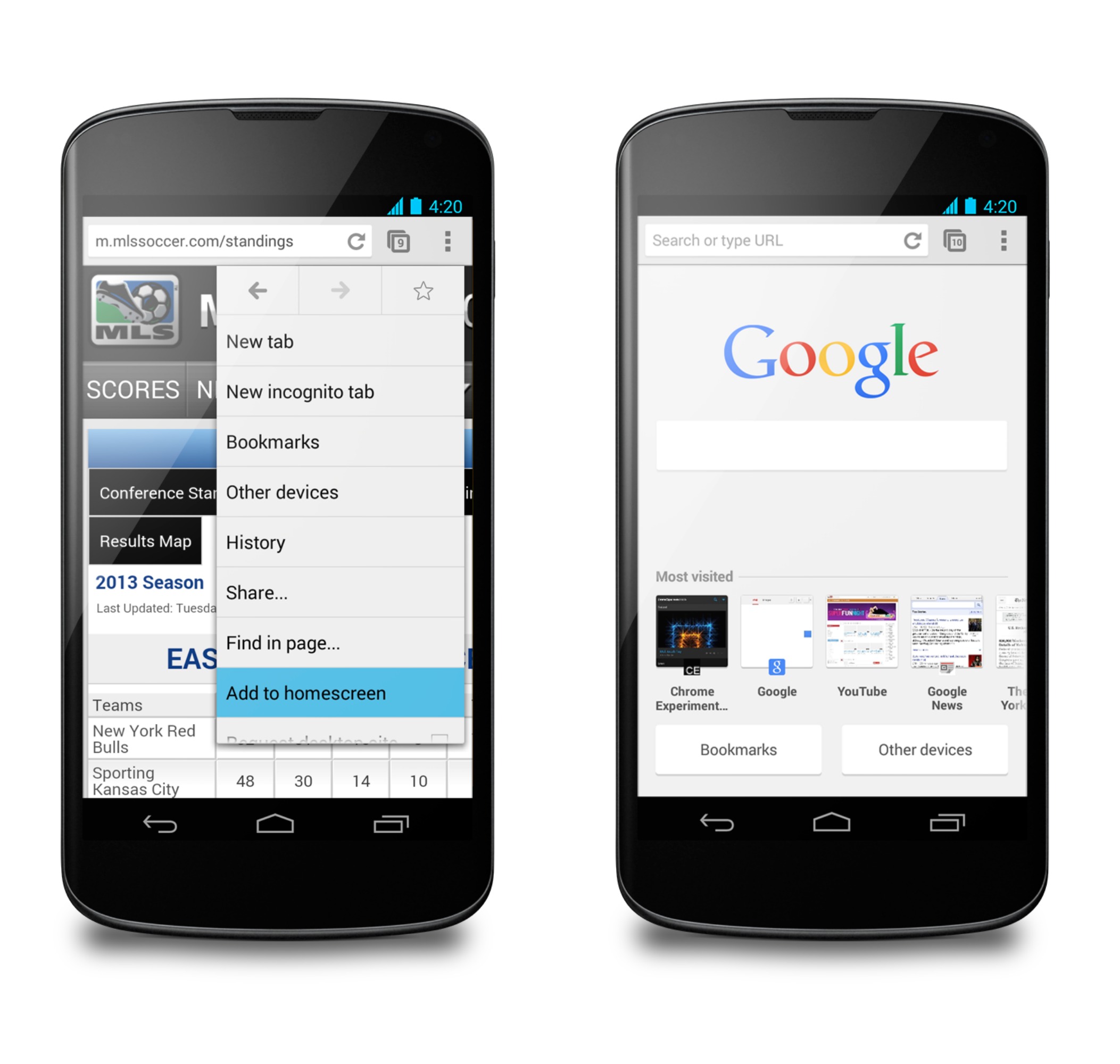

This component is pre-installed on your device and should be kept up to date to ensure you have the latest security updates and other bug fixes.

That is the case on Android 10, while older versions of the OS leverage Chrome.Īndroid WebView is a system component powered by Chrome that allows Android apps to display web content. Developers that build applications in this manner get the latest browser APIs and features when Google updates Android System WebView through the Play Store. Some apps are not native and essentially just wrappers for webpages. The team’s next task is to “explore options to potentially recover data in any new files that were moved out of the way.” However, this comes at the expense of new information that was created over the past week. This means that users who have used the current version and lost access to their old data will get their old data back at the cost of losing access to data newly created since the original M79 update. Meanwhile, the initial version of Chrome 79 was scheduled to be rolled out to 50% of users, but only reached 15% by the time it was pulled. The AppCache, File System, localStorage, IndexedDB, Service Workers and WebSQL APIs were impacted, but cookies and sessionStorage went unaffected. “App data was not lost,” just inaccessible following an incomplete internal migration. Update 12/17: Google now has a fix for the “WebView bug.” According to the company today, old data from Chrome 78 (and earlier) that disappeared with Chrome 79 “will be made visible in apps” again after a new browser and WebView update (.93) this week. A WebView issue related to that version is affecting third-party Android apps and causing user data loss. Chrome 79 for Android rolled out earlier this week with phishing protections and the ability to reorder bookmarks.


 0 kommentar(er)
0 kommentar(er)
